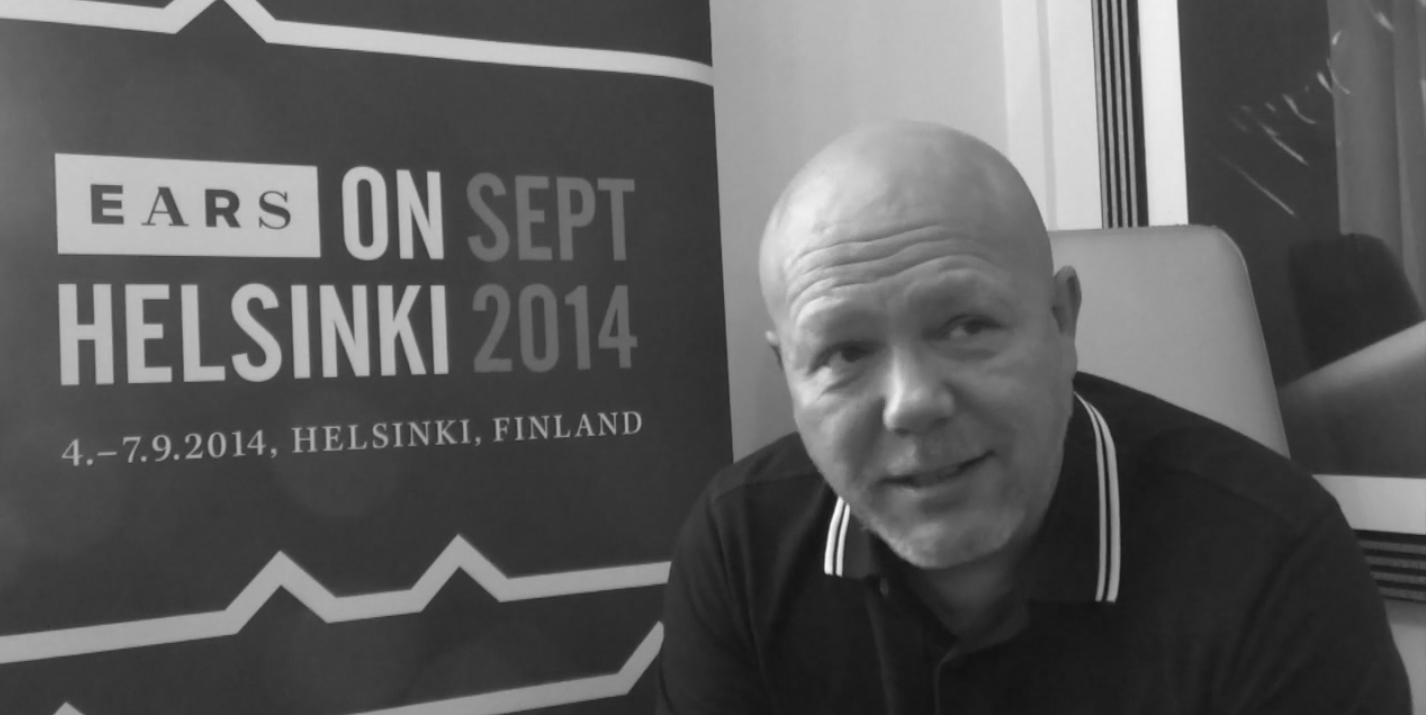Pelle Lidell is a Stockholm-based A&R manager who has matched songs from the Universal catalogue with K-pop stars such as BoA, TVXQ and Girls’ Generation. EARS got insights from Pelle on the trends of the Asian music industry.
Who are you and what do you do?
I’m Pelle Lidell, I’m the European A&R Executive in Universal Music Publishing International. I work for the English office but I’m based in Stockholm.
You are well known for successfully connecting Asian and Western artists’ businesses together, how do you do this?
I started working with a really good A&R person who I really respect called Hayden Bell. He’s an Australian guy who is very connected in the Japanese and the Korean markets. He basically enlightened me saying you have some fantastic material concerning music, you should start doing business with that. Thanks to his gracious help I got in touch with a lot of good A&R people in Korea and in Japan. It was about seven years ago and I think we are close to 7 million records now, thanks to Hayden.
What kinds of projects do you have going on at the moment?
Obviously, since I work for Universal Music Publishing, most of the projects I do are with my publishing colleagues in Japan and Korea. But when it comes to labels, I work with a big variety of them from Sony to Avex. My biggest client in Korea is SM Entertainment, which I believe is the biggest entertainment company in Asia at the moment. They have been my biggest client for the past seven years and still on. We are working at the moment with their major artists such as Super Junior, Girls’ Generation, SHINee, TVXQ, Super Junior D&E in Japan – all of them are number one artists in Asia.
What kinds of trends can you see in the Asian music industry?
I have to say that you can’t say that there is only one Asian trend. If I take the K-pop world for instance, the last couple of years have been dubstep influenced, but that’s gone now. Now they are going into more organic sounding beats mixed with electronics. That’s definitely a trend. Even dance music, EDM has now a small impact there now. The straightening out the beats, less complicated arrangements. One factor for K-pop and J-pop music is that it has to be danceable. It has to be music that they can do fantastic choreographies to, that’s always been a rule for them.
How do you see the future in the music industry concerning the cooperation between Europe and Asia?
Huge. I’ve faced prejudice in the Western world and I still face it by colleagues, rivals, etc., the ones who actually haven’t had the effort to look at what’s cooking in Asia. If you look at the amount of people living there, the extreme interest in pop music and pop culture is just amazing. China is a sleeping giant, Japan is now the number one territory for soul music. Even though they’ve had a drop, but still, it’s a huge market. India is a sleeping giant too. When you look at the growth of the middle class over there and their interest to popular culture, I would say that there is tons of business to be done there in the future.
You have to be one with your fans in order to succeed.
You work a lot with bands. What makes a great artist in your opinion?
I work with bands but also with music writers and producers. One thing a great artist and a great producer have is the ability to catch the current energy: to be extremely open minded and to understand to whom you aim your music to – you have to be one with your fans. Those are the ones that succeed. Because as an artist and also as a music writer you do take chances. You have to continue and dare to take chances. Otherwise the wheel will roll forward. I would say that is the biggest factor, the ones who are connected with their fans understand the current climate of the world.
Keeping on with the pace of the world?
Absolutely. The day you start becoming comfortable is the day you are no longer thinking outside of the box. That’s the day you will disappear as an artist or a song writer or a music producer. And it’s the same for me. I have to study this all the time and never be satisfied with what you have. You have homework to do all the time.
What gives you the motivation to keep doing this?
The share fun. As a Swede, white, suburban boy, I’m living my dream; I have friends all over the world. I love to share my experiences with them and vice a versa. It motivates and develops me as a person and a human being. And it’s fun. As simple as that.



